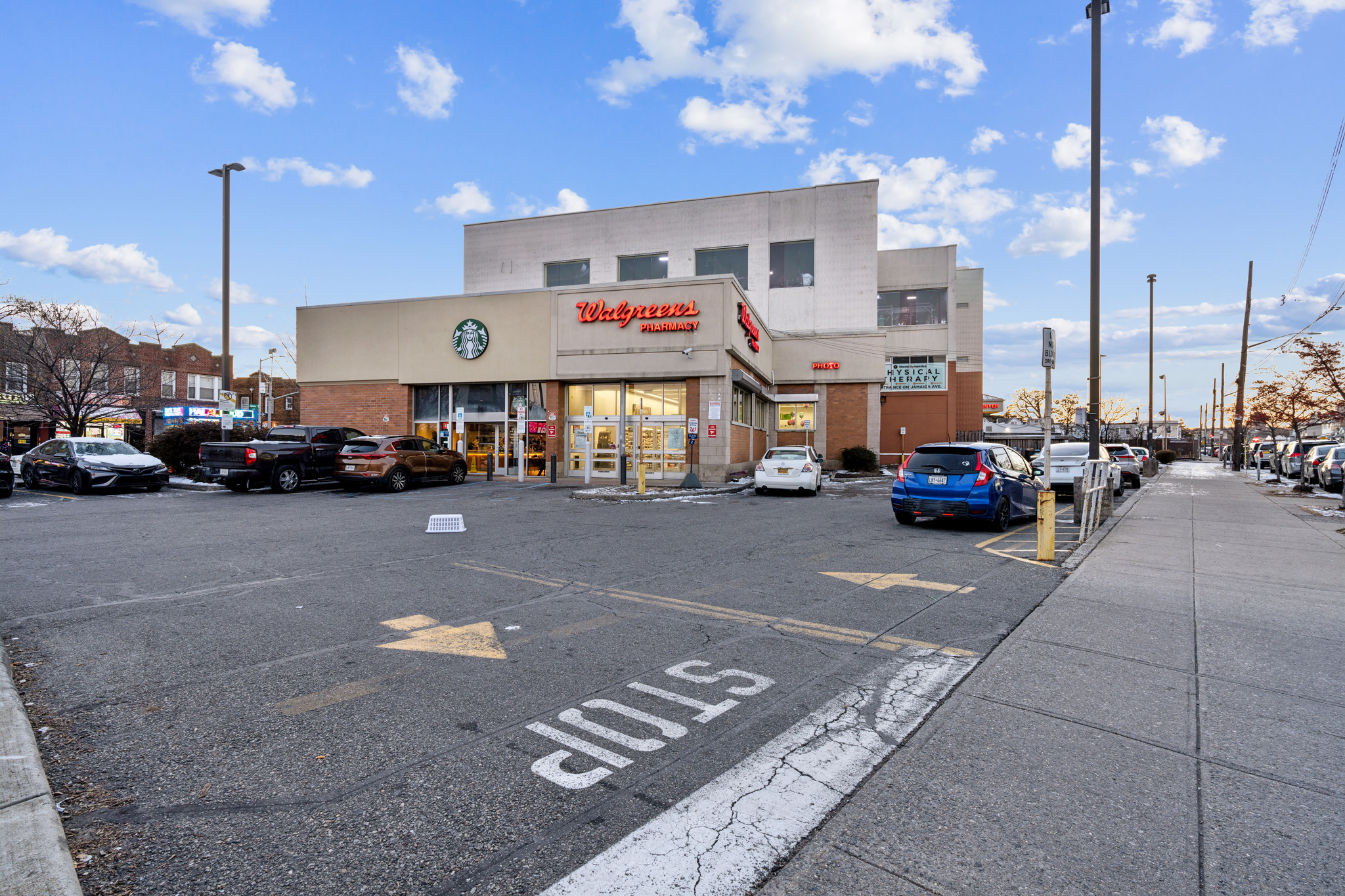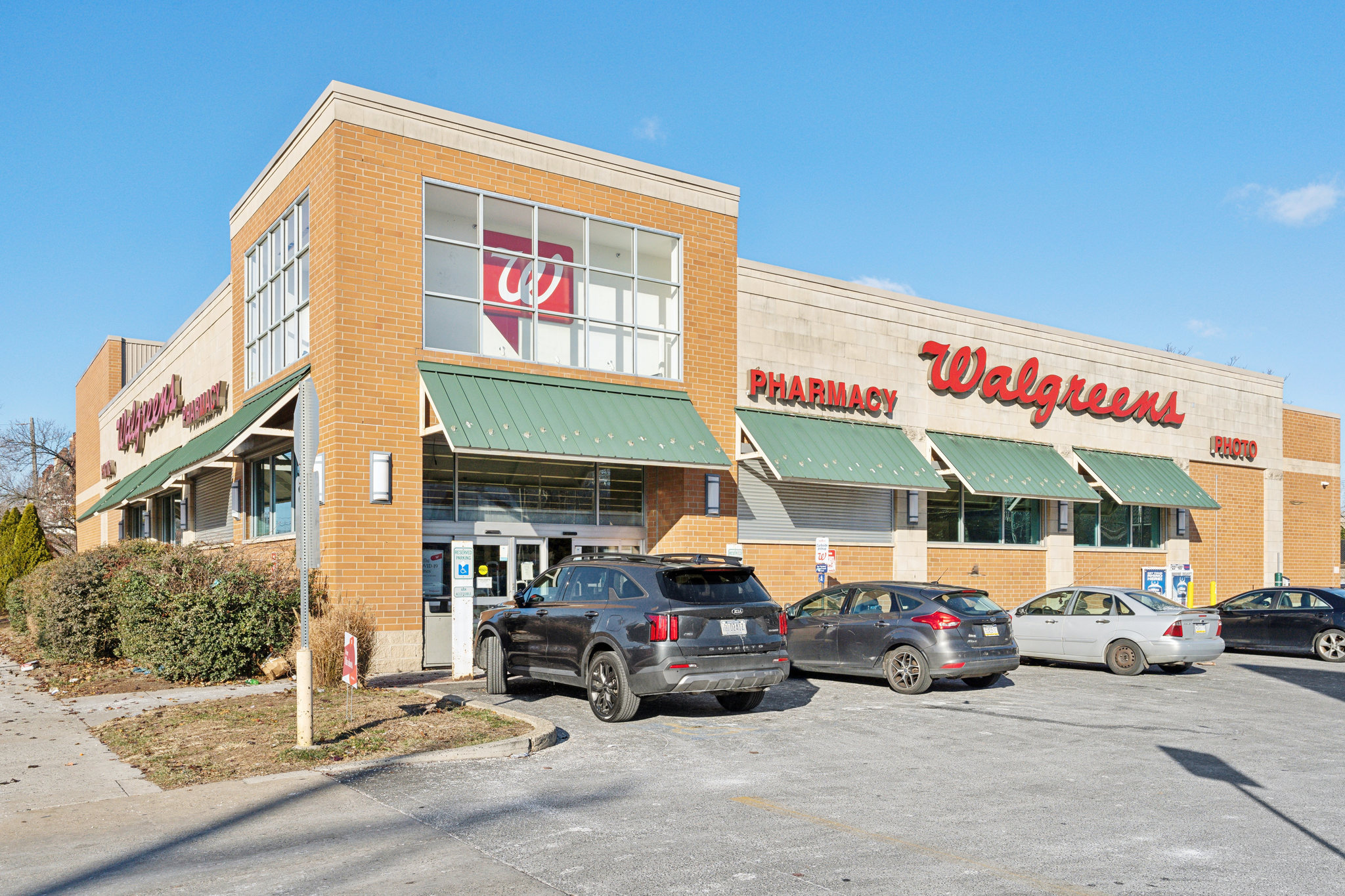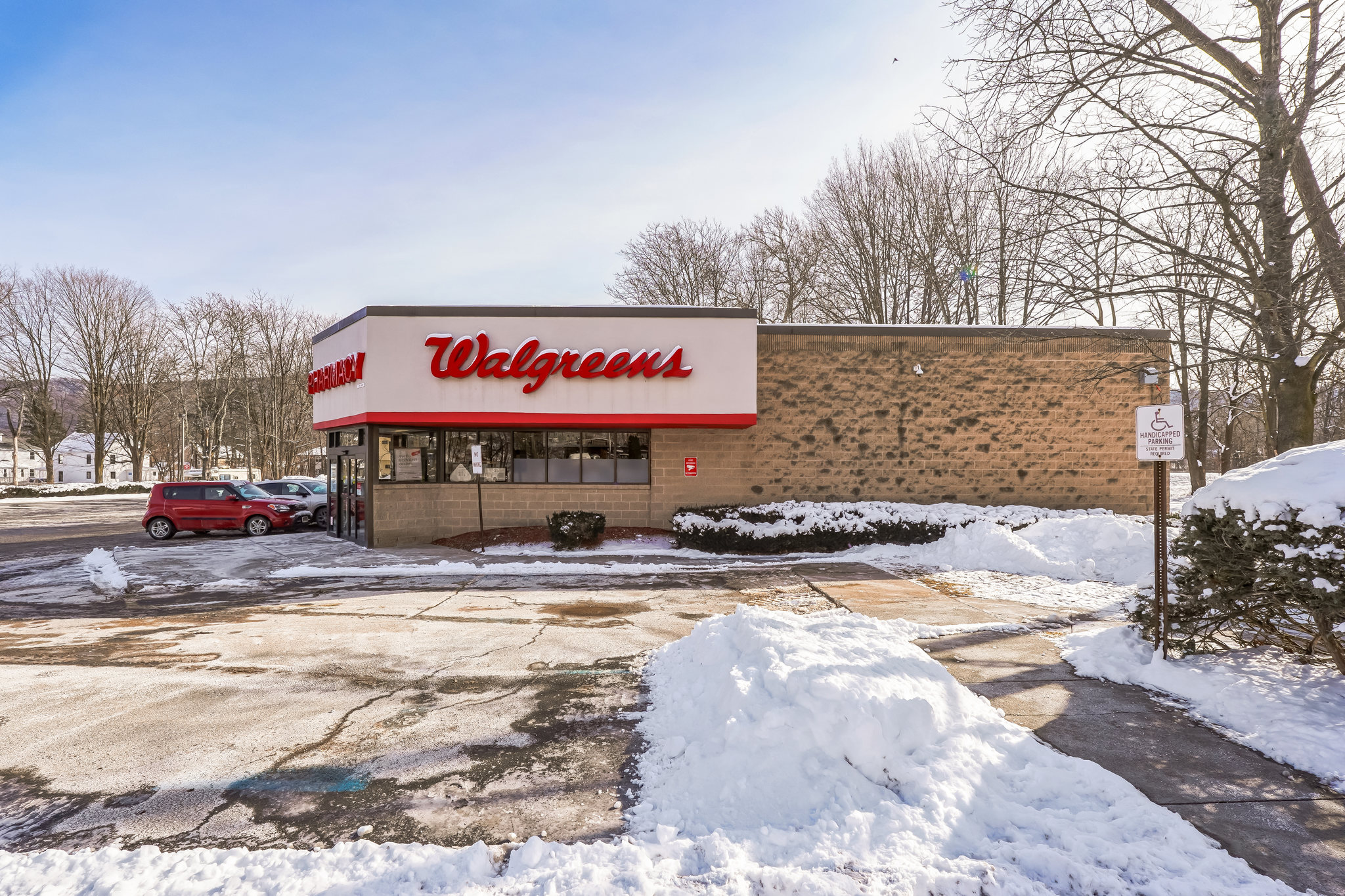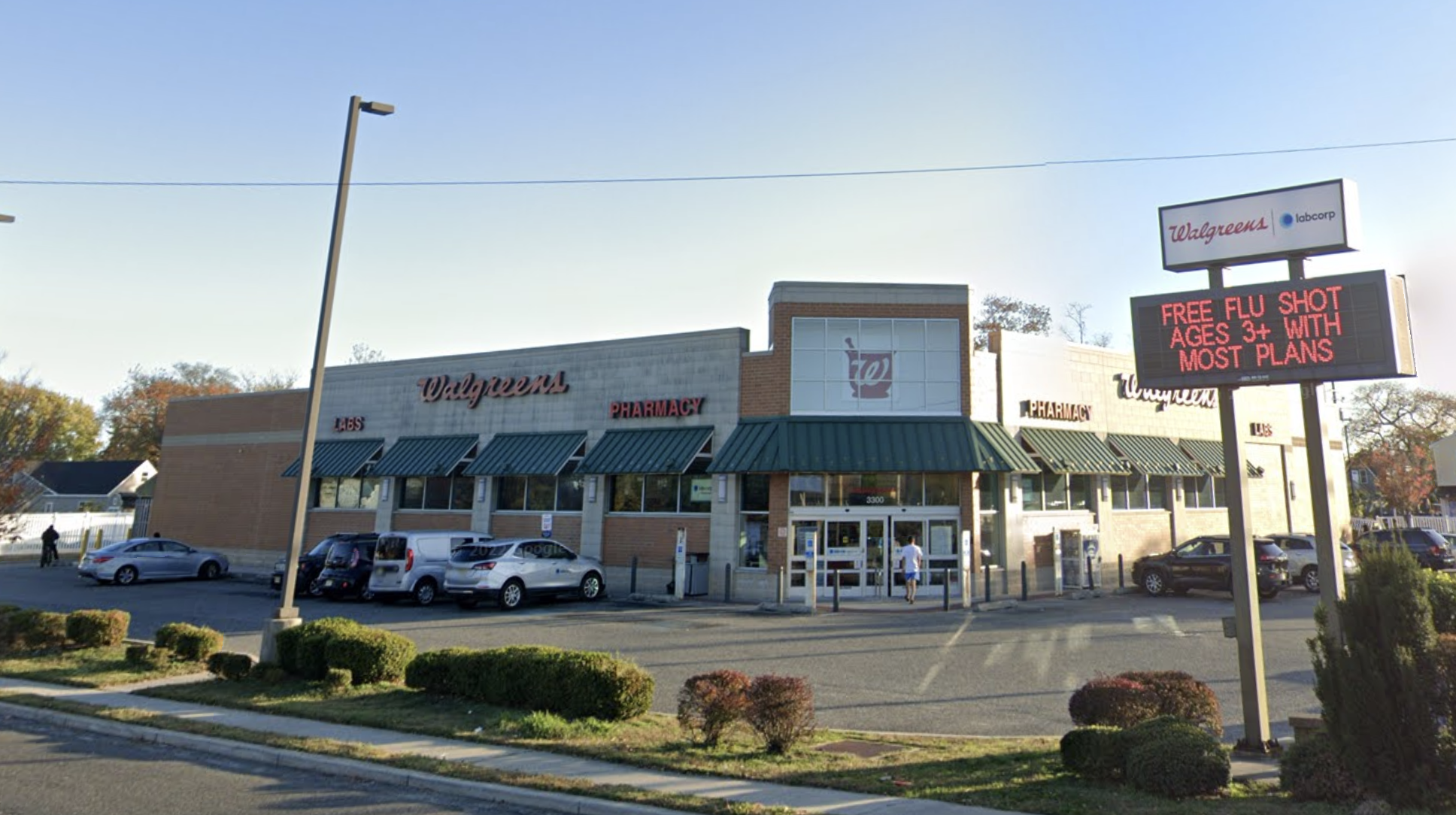This leasing arrangement passes on the responsibility of payments for maintenance, taxes, and insurance to the lessee or tenant instead of the landlord. Also called a triple net lease, these ‘net’ costs are included in a tenant’s monthly rental fees.
Regardless if you’re a seasoned or a neophyte investor, here’s what you need to know before investing in an ‘NNN’ or a triple net lease property:
-
What Do I Have To Keep In Mind Before Investing In Triple Net Properties?
There’s no one-size-fits-all approach to becoming successful at investing. A good rule of thumb in becoming a real estate investor is to conduct due diligence. Before placing your money in a property—triple net lease or otherwise—always check and validate claims of successful returns.
For triple net properties, consider the following factors:
-
Property Location: As with any real estate investment, the location of a property should be your primary concern. A property that’s located strategically will more likely yield high returns.
-
Property Type: Almost all types of NNN properties are suitable for any business setup. Dig deeper into the property location, accessibility, and nearby establishments. You can also check foot traffic to help predict business success.
-
Budget: Unsurprisingly, commercial real estate properties require higher capital. But you can always apply for a mortgage to fund your investment.
-
State Property Laws: Brushing up your knowledge about the local real estate laws is critical before making an investment to avoid legal snags.
-
Return Of Investment: There are tools that can help you project your estimated returns, one of which is the one percent rule. This involves estimating the base monthly rental by multiplying the purchase price and any repair costs by 1%.
-
-
There Are Four Types Of Net Lease Agreements
In a net lease arrangement, an investor and tenant can agree whether to implement the following:
-
Single Net Lease: Also referred to as an ‘N’ lease, the landlord or property owner passes on the responsibility of paying the property taxes to the tenant. Other expenses remain on the owner’s list of payables.
-
Double Net Lease: Commercial real estate owners are more inclined to favor this arrangement. Under this setup, the lessee spends for property taxes and insurance costs on top of the base rental fees. Maintenance fees rest on the shoulders of the landlord.
-
Triple Net Lease: As mentioned, an ‘NNN’ lease agreement pushes a renter to pay for major costs including property taxes, insurance, and maintenance fees. As expected, rental costs are relatively cheap under this setup.
If it’s something that interests you, check out Net Lease World to find net lease properties around the country.
-
Absolute Net Lease: This is the easiest arrangement for most investors, as all expenses are passed on to the shoulders of the tenant.
-
-
How Is An NNN Lease Calculated?
The rent is to be handed over to the property owner while additional rent stays with the tenant, which is used in maintaining and operating the rental space.
The triple net rent expense per square foot can be computed by adding the common area maintenance, taxes, and building insurance costs for the year. The sum of these factors will then be divided by the total square footage. This is best expressed in the following formula:
Maintenance costs + property taxes + insurance / square footage = rent expense per square foot
Let’s say you found a property with the following details: 5,000 square-foot property with maintenance costs of USD$10,000, property taxes worth USD$1,000, and insurance cost of USD$1,000. Calculating for the NNN lease will be done as follows:
USD$12,000/ 5,000 = USD$ 2.4 per square foot in rent expense
-
Are Triple Net Property Investments Any Good?
If you’re the type of investor looking to diversify your portfolio, and you want to have a relatively low but steady revenue, this can be a lucrative money-making strategy. Investing in ‘NNN’ properties can also be suitable for investors who don’t want to spend time managing their property as a landlord.
Conversely, investors who prefer to invest in a fast and high yielding property may find spending for an NNN property unappealing.
-
Where To Get Financing Help
Investors seeking to fund their ‘NNN’ property may apply for a commercial real estate loan or mortgage through banks and traditional lending institutions. Apart from the usual income and financial requirements, borrowers may also need to provide a business plan to justify the profitability of the project.
The Bottom Line
As with any other investment, you have to exert effort and time to study how ‘NNN’ lease property agreements work before deciding whether it’s for you.
Once you’ve decided to make this investment, make sure that the transaction is legitimate to avoid problems down the road. Moreover, any investment has accompanying risks, and you may lose instead of earn money. However, it can also be a lucrative investment if done correctly.
-

-







Leave a Comment